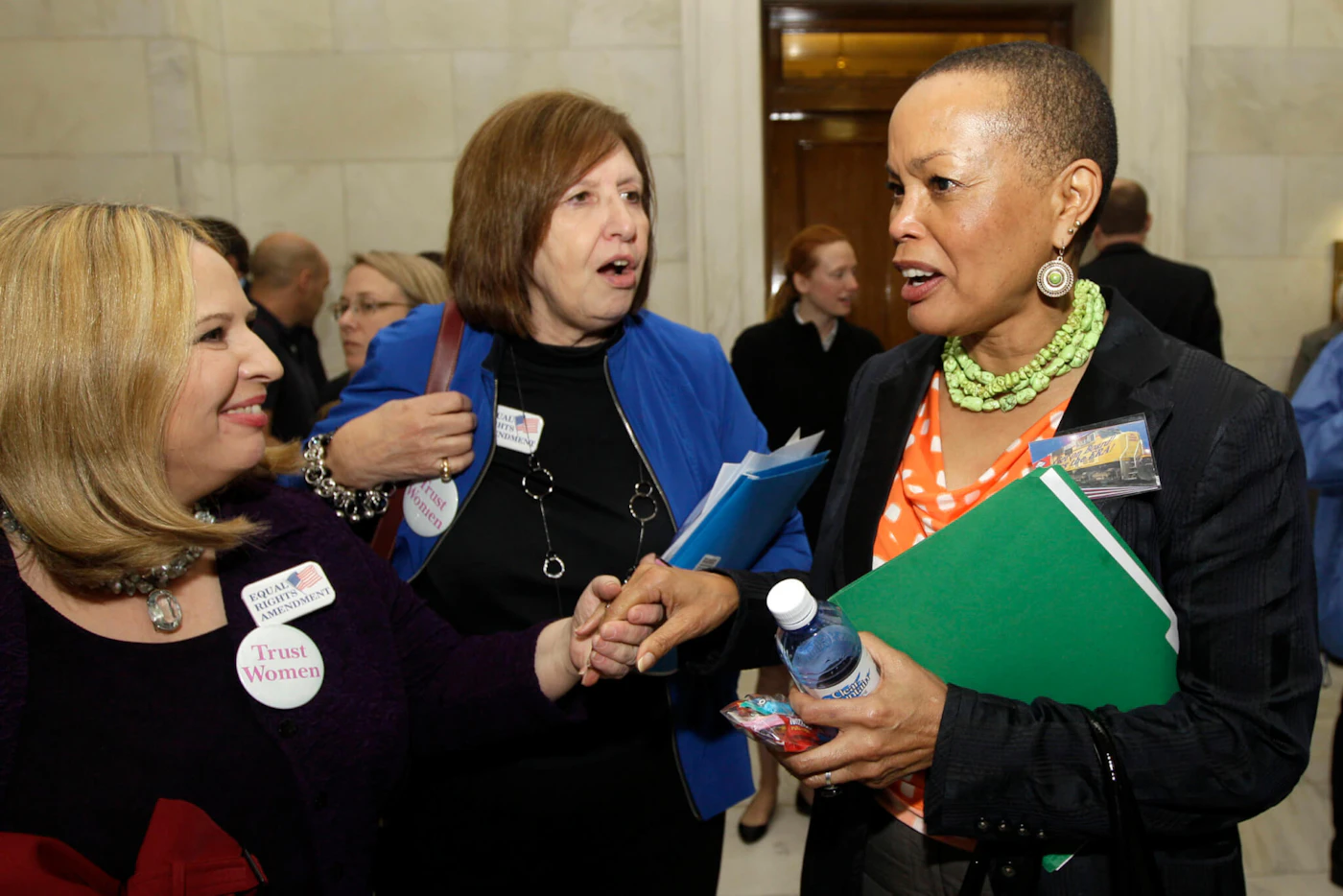Traditionally, Black women candidates faced greater challenges running outside of majority Black districts, but this season more are also setting their sights on Republican-held seats.
Amidst a crippling pandemic and a national outcry for social justice, Black women are running for Congress in record numbers, and campaigning in more majority white or mixed districts than before.
The November election is a “chance to change our history,” Joyce Elliott, an Arkansas state senator running for a congressional seat, told Reuters recently. “I really decided I needed to run because I could see a pathway to winning.”
At least 122 Black or multi-racial women have filed to run for congressional seats in 2020, up from 48 in 2012, according to the Center for American Women and Politics, and as the primary season draws to a close, 60 are still competitive.
The Center, along with Rutgers University’s Eagleton Institute of Politics and Higher Heights Leadership Fund, released a 2019 study that showed although Black women make up 7.6% of the U.S. population, they have only 4.3% representation in Congress. Only 2% of all statewide elected officials are Black women, and only 15 Black women have ever been elected to statewide executive offices altogether. No Black woman has ever been elected governor.
As Andre M. Perry writes in his new book Know Your Price: Valuing Black Lives and Property in America’s Black Cities: “Even though Black women are practically tied in percentage rates within race with white women in voter registration and turnout, they are more likely to be discouraged from running for office than white women and men as well as Black men. When Black women do run for office, they are less likely to receive the early dollars and endorsements that help establish campaigns. This is the structural racism and sexism that Black women must contend with.”
Yet, Black women consistently show high voter engagement, with the highest voting participation rates of any group in the 2008 and 2012 elections.
RELATED: This Was a Huge Night for Women of Color Candidates
Traditionally, Black women candidates faced greater challenges running outside of majority Black districts, but this season more are also setting their sights on Republican-held seats.
“We’re going to flip this seat from red to blue,” North Carolina’s Patricia Timmons-Goodson told Reuters. She was the first Black judge to serve on the state Supreme Court and is running for a seat in Congress, facing off against Rep. Richard Hudson in North Carolina’s most competitive race. Although Hudson holds a financial edge with a $1.8 million war chest, Timmons-Goodson out-raised him 3-to-1 this quarter, prompting the nonpartisan Cook Political Report to change the 8th district’s rating from “Likely Republican” to “Lean Republican.”
Other major congressional races to watch include Adia Winfrey of Alabama, Pam Keith in Florida, Jeannine Lee Lake in Indiana, and Desiree Tims in Ohio. The coronavirus pandemic has pushed the issues many of these candidates are running on to the forefront: improving access to health care and creating better jobs.
Keith has promised to focus on combating COVID-19 and rebuilding the economy, as well as providing push back against President Donald Trump’s erosion of civil liberties.
“This is kitchen table issues versus authoritarianism,” Keith said.
As Alabama candidate Winfrey told MSNBC: “We’ve come to the point that there are people who are ready for a change and we’re beyond just looking at the color of a candidate’s skin.”




